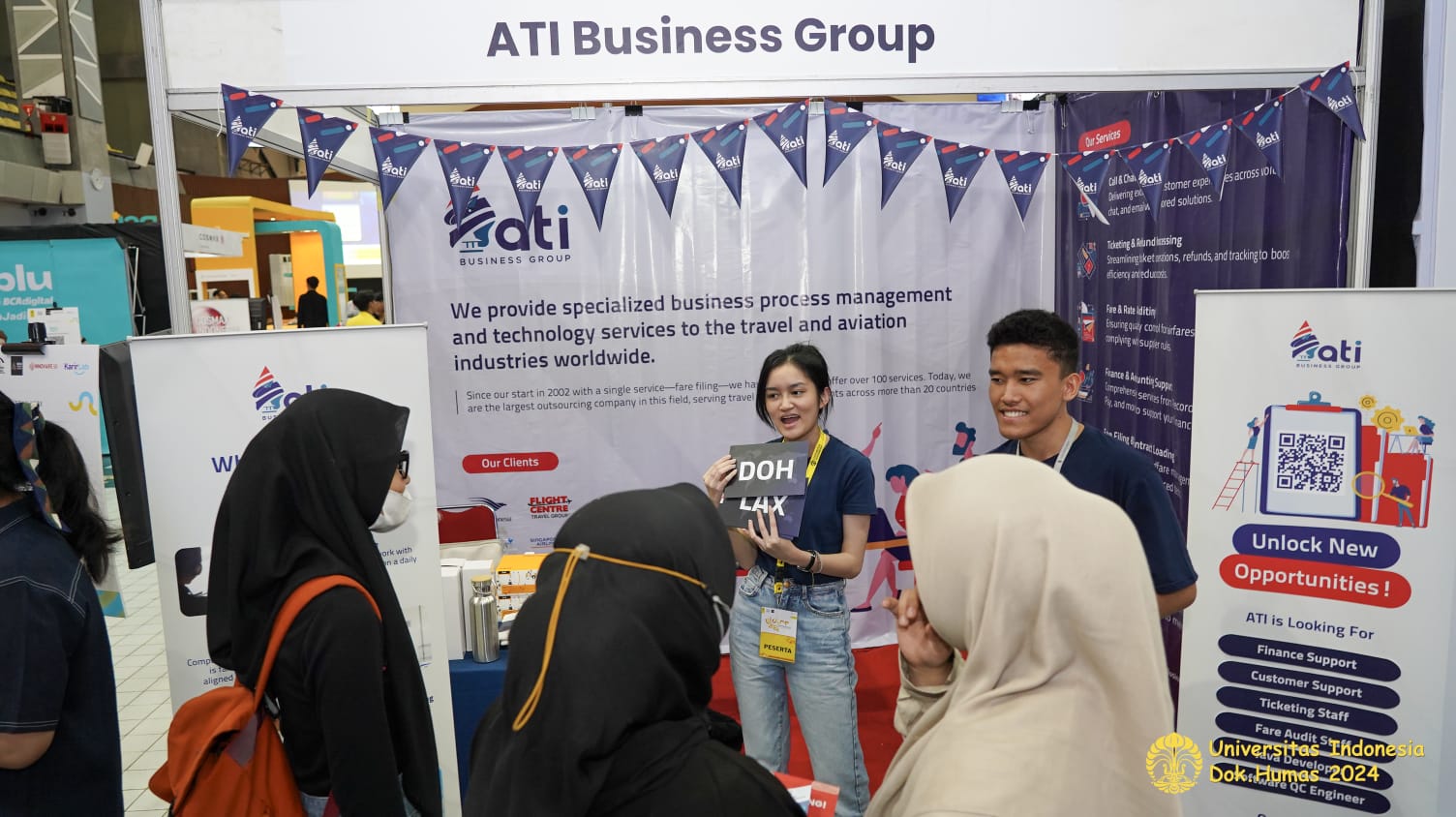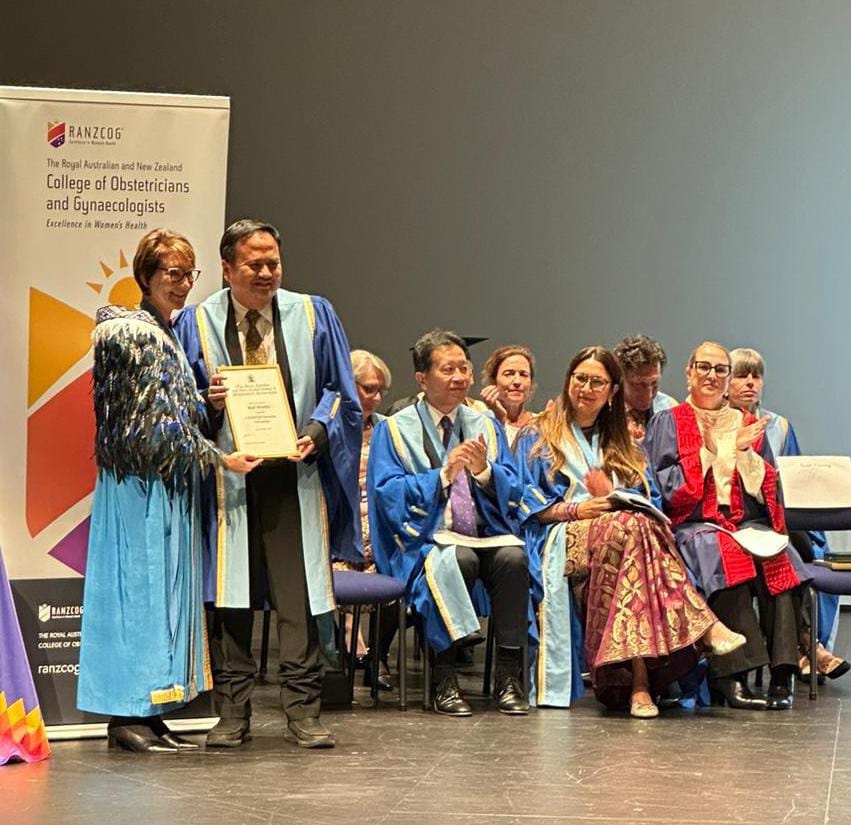As an effort to open up broad opportunities for all parties to become rector candidates, the Tim Panitia Penjaringan dan Penyaringan Bakal Calon Rektor (the Recruitment and Screening Committee Team for Prospective Rector Candidates) of Universitas Indonesia (UI), or P3CR for short, conducted internal socialization starting from visiting all faculties, schools, vocational education programs, and externally through “UI Mencari Rektor” via the Sosialisasi Pemilihan Calon Rektor UI 2024-2029 (2024-2029 UI Rector Candidate Election Socialization) podcast on the UI Teve Youtube channel, the TrijayaFM radio, and on the Tribunnews Depok Youtube channel. The speakers in this opportunity are the Sekretaris Panitia Khusus Pemilihan Rektor (Secretary of the Special Committee for the Election of the Rector), or Pansus Pilrek, of the Majelis Wali Amanat (Board of Trustees), or MWA, of UI, Tikka Anggraeni, S.Sos., M.Si., and the Head of P3CR UI, Prof. Dr. Ir. Sigit Pranowo Hadiwardoyo, DEA.
In the process of searching and identifying potential rector candidates who will lead UI for five years in the future, Tikka stated that there are several stages. Among them is that MWA has to form a special committee (pansus). “There is a pansus in charge of creating UI’s general policy for five years in the future. This policy can be a model for rector candidates in producing papers, programs, vision, and mission. Next, there is also a pansus in charge of assessing the current rector and performance evaluation. Lastly, there is the Panitia Khusus Pemilihan Rektor or the Pansus Pilrek,” said Tikka.
She added that Pansus Pilrek consists of seven people, including lecturers, students, education staff, and the community. “In the process of selecting new rector candidates, of course, it cannot be done carelessly, so we are mandated in the MWA regulations that we can form a P3CR team, which helps to recruit and filter in finding potential rector candidates,” said Tikka.
Meanwhile, in the process of socializing the election of the candidates for rector, Prof. Sigit conveyed that P3CR has visited each faculty, and held conferences and webinars. In this socialization, P3CR not only recruits and screens potential rectors, but also accommodates aspirations and feedback from the faculty or externally. This will also become a consideration for MWA and chosen rector candidates.
Until this podcast takes place, Prof. Sigit provides information that there are seven applicants coming from internal and external UI. It is hoped that in this registration period, there will be a minimum of 20 applicants.
Tikka explained that the Pansus Pilrek will screen all applicants to 20 potential rector candidates. From the 20 potential rector candidates, the team will continue filtering until there are only 7 rector candidates. “There are several assessments in the process of filtering 7 out of 20. Firstly, we will be utilizing a professional assessment institution to assess leadership, personality, and so on. Then, we will also ask the 20 potential rector candidates to do a presentation in front of UI’s organs, including the MWA, the Academic Senate, and the Board of Professors,” said Tikka. She added that the summary of the presentation and assessment results from the professional institution will become the focus for MWA to filter up to 7 candidates.
As for this UI rector selection process, the public will be given a chance to provide their input. “For example, if there is a report from the public that one of the candidates is a corruptor, then P3CR UI will do an examination and work together with the Corruption Eradication Commission, the Indonesian Financial Transaction Reports and Analysis Center, and other related institutions,” said Prof. Sigit.
She added that from this UI Rector selection process, it is hoped that this will be an example and role model for other higher education institutions in searching for a rector. Especially in maintaining the purity of the process of selecting rector candidates, so that democratic life in higher education can continue to be upheld.
In order to give a broader chance to the public, the registration deadline has been extended until August 10, 2024.



